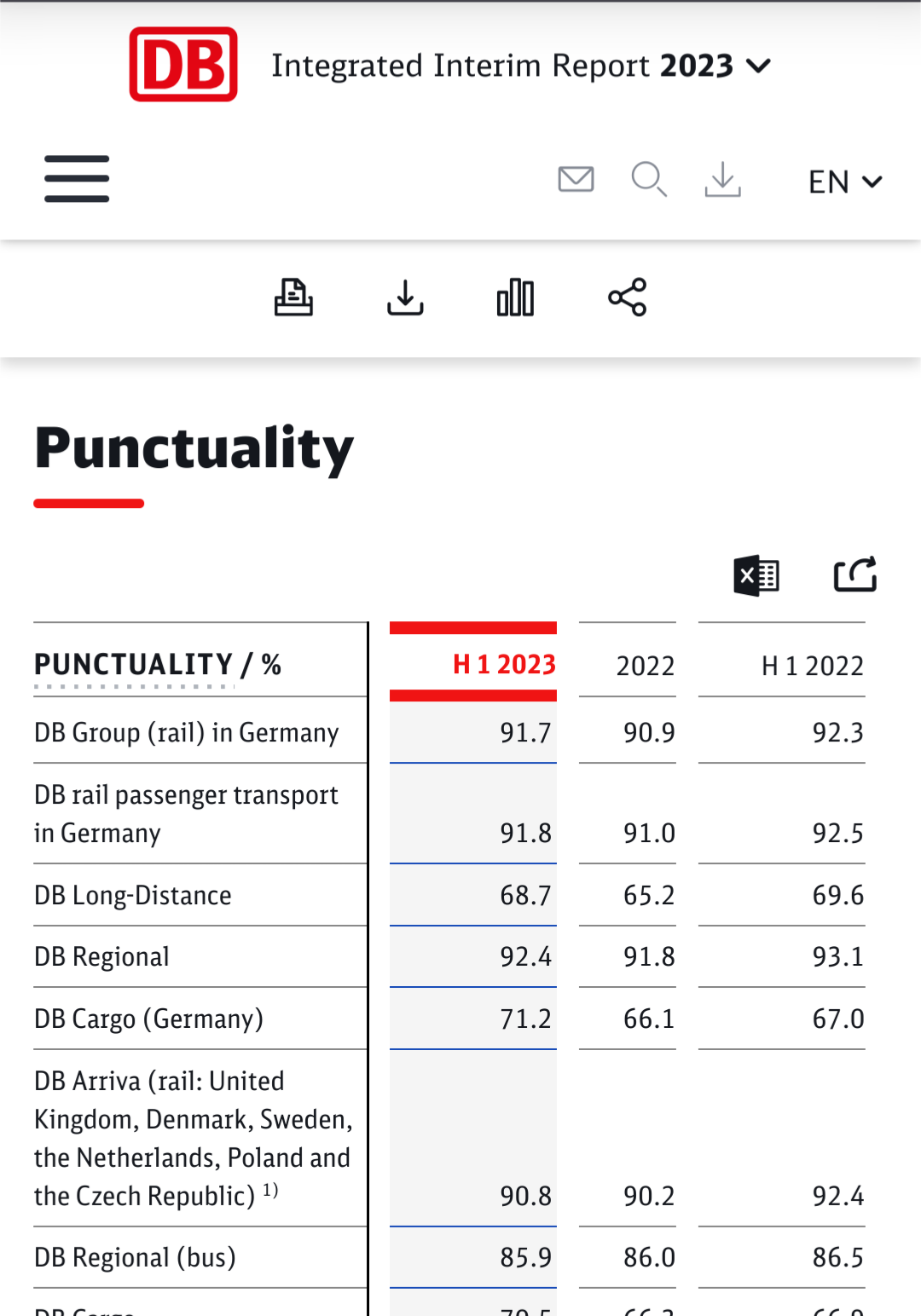

and my point was explaining that that work has likely been done because the paper I linked was 20 years old and they talk about the deep connection between “similarity” and “compresses well”. I bet if you read the paper, you’d see exactly why I chose to share it-- particularly the equations that define NID and NCD.
The difference between “seeing how well similar images compress” and figuring out “which of these images are similar” is the quantized, classficiation step which is trivial compared to doing the distance comparison across all samples with all other samples. My point was that this distance measure (using compressors to measure similarity) has been published for at least 20 years and that you should probably google “normalized compression distance” before spending any time implementing stuff, since it’s very much been done before.










COVID research made generic sequencing for viruses and bacteria incredibly cheap. You can run a PCR test for most things now for $10 (USD) or less. This opens a whole world of highly specific diagnostics and cheap, hyper-personalized treatments.
Also, MRNA vaccines are being tested for several other diseases and it seems very promising.